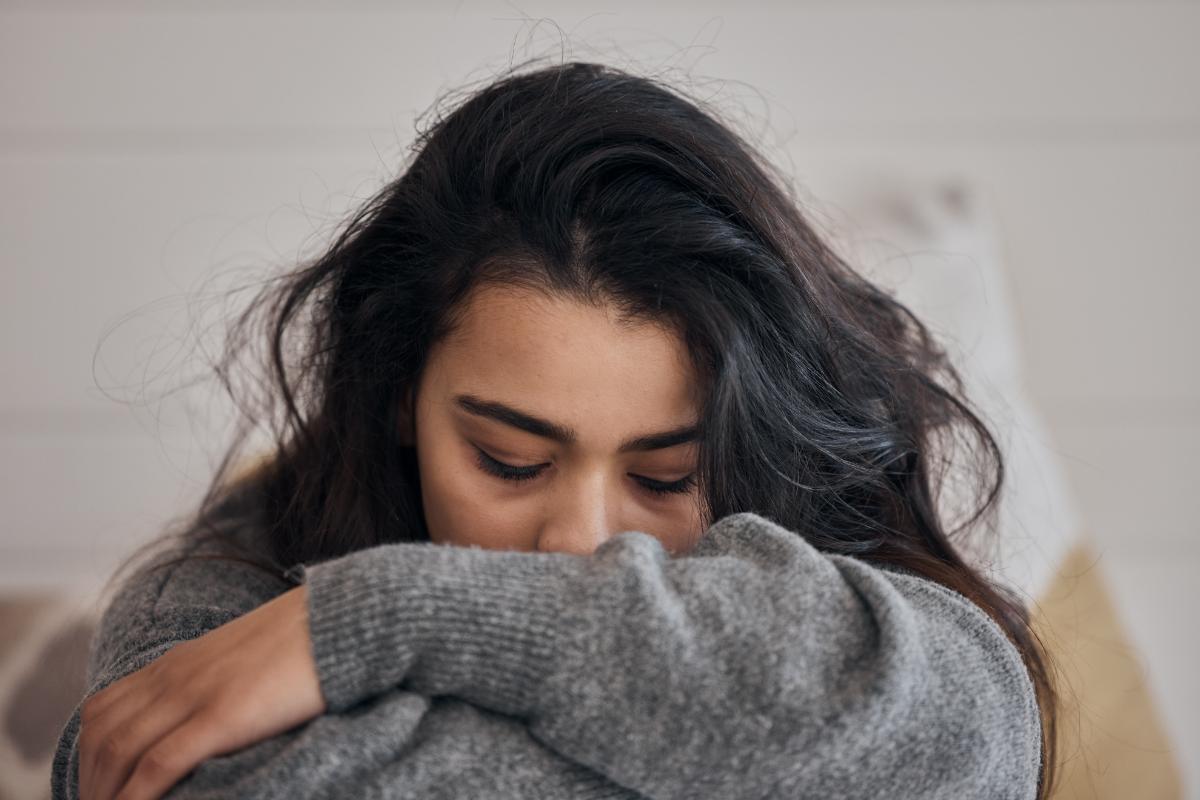Opioids are prescription medications that derive their effects from the opium poppy. Examples include OxyContin, Percocet, and Vicodin. Many believe that medications they receive from a doctor are safe. In reality, these drugs can result in opioid dependence.
Do you or a loved one need opioid addiction rehab? Call us today at 866.262.0531 for help.
What Does Opioid Dependence Look Like?
Opioid dependence can manifest in various ways, often characterized by a compulsive need to use opioids despite negative consequences. Individuals may experience intense cravings for opioids, leading to frequent use and a loss of control over consumption. Physical symptoms can include tolerance, where larger doses are needed to achieve the desired effects, as well as withdrawal symptoms when opioid use is reduced or stopped. Other signs may include social withdrawal, neglecting responsibilities, and continued opioid use despite knowing the harm it causes.
Opioid dependence can profoundly impact a person’s life, affecting their relationships, work, and overall well-being. It’s important for individuals struggling with opioid dependence to seek help from healthcare professionals to address their condition and work toward recovery.
Understanding Opioids
Opioids are a class of drugs that include the illegal drug heroin, as well as legal pain relievers such as oxycodone, hydrocodone, codeine, and morphine. Opioids work by binding to receptors in the brain and spinal cord to block pain signals.
While opioids can be effective at managing pain, they also come with a high risk of addiction and overdose. In fact, opioids are one of the most commonly abused drugs in the United States. According to the National Institute on Drug Abuse (NIDA), more than 2 million Americans were addicted to opioids in 2016 alone.
One of the reasons that opioids are so addictive is that they cause a release of dopamine in the brain, which gives users a feeling of pleasure and euphoria. Over time, the brain becomes used to the presence of opioids and begins to require more and more of the drug to produce the same effect. This can lead to addiction and potentially fatal overdoses.
According to NIDA, more than 42,000 Americans died from opioid overdoses in 2016. This is more than double the number of deaths from just a decade earlier.
How Does a Person Develop an Opioid Dependence?
The following is a common scenario that leads to addiction.
You suffer from pain. A physician writes you a prescription for a pain reliever that makes it possible for you to move and function. The medication makes you feel a little loopy, but it’s not too bad. In fact, you kind of like it.
Another path to addiction is the individual who hears about the euphoric feeling a small overdose of the drug delivers. You try it out with the leftover medication a friend gives you. You like the relaxed state that the drug offers. As the feeling wears off, you want to experience it again.
In both cases, people will gradually increase the dosage of the drugs they take. Because the body gets used to standard doses, it’s necessary to take more in order to get the same results. To get the drugs, you may visit multiple doctors or steal a prescription pad. You might also try to pass off multiple scripts at various pharmacies.
Quitting Opioid Dependence Isn’t Easy
When you fail to take your dose, you suddenly suffer from withdrawal symptoms. Examples include gastrointestinal upset, feelings of anxiety or depression, sweating, and cramps. When you take the opioids again, the symptoms stop almost immediately. You now understand the importance of always having the substance in your system.
For many, this is the fork in the road where they know they suffer from opioid dependence. Some seek out help immediately. Others resolve to keep taking the drug and chase the high that initially sold them on the substance. These individuals will keep increasing the dose as the body gets used to it.
Some will switch to an opiate such as heroin, which is cheaper. In fact, many believe opioid painkillers are gateway drugs for heroin. Others stick with the pills but keep trying to heighten the experience. For a few, this leads to a fatal opioid overdose.
Getting Help from Opioid Dependence is the Only Way Out
 Addiction is a progressive brain disease that requires professional intervention. At a rehab facility, counselors work with you to overcome the cravings. Examples of modalities that help you overcome addiction include:
Addiction is a progressive brain disease that requires professional intervention. At a rehab facility, counselors work with you to overcome the cravings. Examples of modalities that help you overcome addiction include:
Individual Therapy
Individual therapy focuses on addressing destructive thinking patterns and behaviors, as well as exploring the underlying causes of the addiction. It helps individuals to explore their triggers, learn healthy coping mechanisms, develop effective communication skills, and build a strong sense of self-worth.
Family Therapy
Family therapy helps family members heal from the impact of their loved one’s addiction. It allows family members to collaborate on solutions for any issues present in the home, as well as identify and address potential triggers for substance use disorder.
Cognitive-Behavioral Therapy
Cognitive-behavioral therapy (CBT) for addiction is an evidence-based form of psychotherapy. It works to identify negative thoughts, feelings, and behaviors that can lead to or maintain substance use disorder.
Mindfulness Therapy
Mindfulness therapy is an evidence-based approach to addiction treatment that focuses on cultivating awareness of one’s present-moment experience. It helps individuals become more mindful and aware of their thoughts, feelings, sensations, and behaviors in order to recognize triggers for substance use and respond in healthier ways.
Trauma Therapy
Trauma therapy helps individuals heal from past trauma. Trauma therapy focuses on identifying, understanding, and processing traumatic experiences. It helps individuals gain insight into how their trauma is connected to their current thoughts, feelings, and behaviors related to substance use disorder.
Take the First Step Toward Recovery Today
If you’re suffering from an addiction to opioids, you don’t have to continue. At Crestview Recovery, you can overcome the cravings. Find out today how to regain your sobriety by dialing 866.262.0531.
































